Heel Pillows are cushions specifically designed to provide comfort, support, and protection for the heels. They are widely used to alleviate heel pain, prevent pressure sores, and aid recovery from conditions or surgeries affecting the feet and lower limbs.
Features of Heel Pillows:
- Soft Cushioning:
- Often made of foam, gel, or memory foam for superior comfort and pressure distribution.
- Some models incorporate cooling gel for soothing effects.
- Supportive Design:
- Cradles the heel to reduce direct pressure.
- Elevates the heel slightly to promote blood circulation and prevent skin irritation.
- Adjustable Fit:
- Equipped with straps, Velcro, or elastic closures to secure the pillow in place.
- Adjustable for various foot sizes and preferences.
- Protective Covers:
- Often feature breathable, hypoallergenic, or moisture-wicking materials.
- Removable and washable for easy cleaning.
Benefits:
- Pressure Relief: Helps reduce pressure on the heel, particularly important for individuals who are bedridden or sit for extended periods.
- Pain Management: Alleviates discomfort caused by heel spurs, plantar fasciitis, Achilles tendonitis, or diabetic foot complications.
- Skin Protection: Prevents friction and shear, reducing the risk of bedsores or ulcers.
- Improved Circulation: Keeps the heel elevated, enhancing blood flow and reducing swelling.
Common Types of Heel Pillows:
- Standard Cushions: Simple foam or fiber-filled pillows for general comfort.
- Elevating Heel Pillows: Designed to lift the heel completely off the bed or chair surface for maximum pressure relief.
- Therapeutic Heel Pillows: Include features like cooling gel or heat packs for targeted therapy.
Recommended Uses:
- For immobile or bedridden individuals to prevent pressure sores.
- For those recovering from foot or ankle surgery.
- To relieve pain from plantar fasciitis, heel spurs, or Achilles tendonitis.
- For diabetic patients with sensitive skin prone to ulcers.
When choosing a heel pillow, consider the individual’s specific condition, material preferences, and whether additional features like cooling or elevation are needed. Always consult a healthcare professional for guidance if the user has a medical condition requiring specialized care.

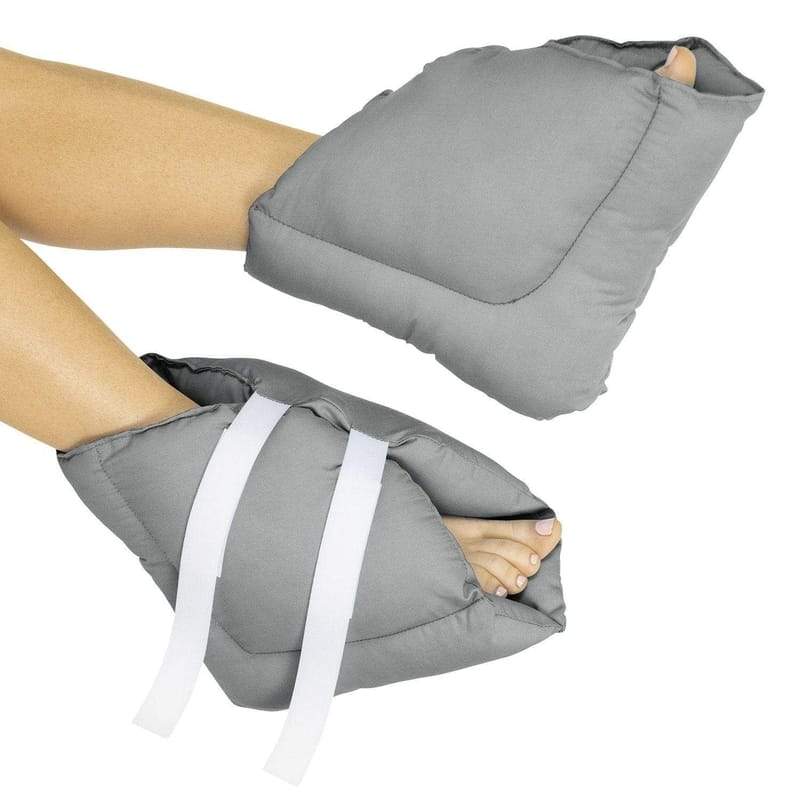
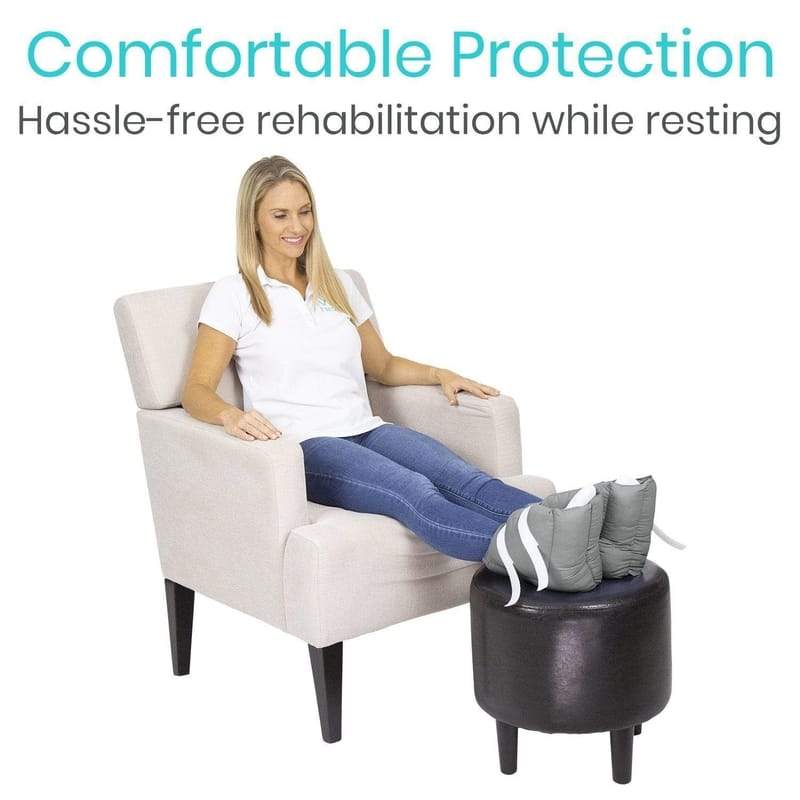
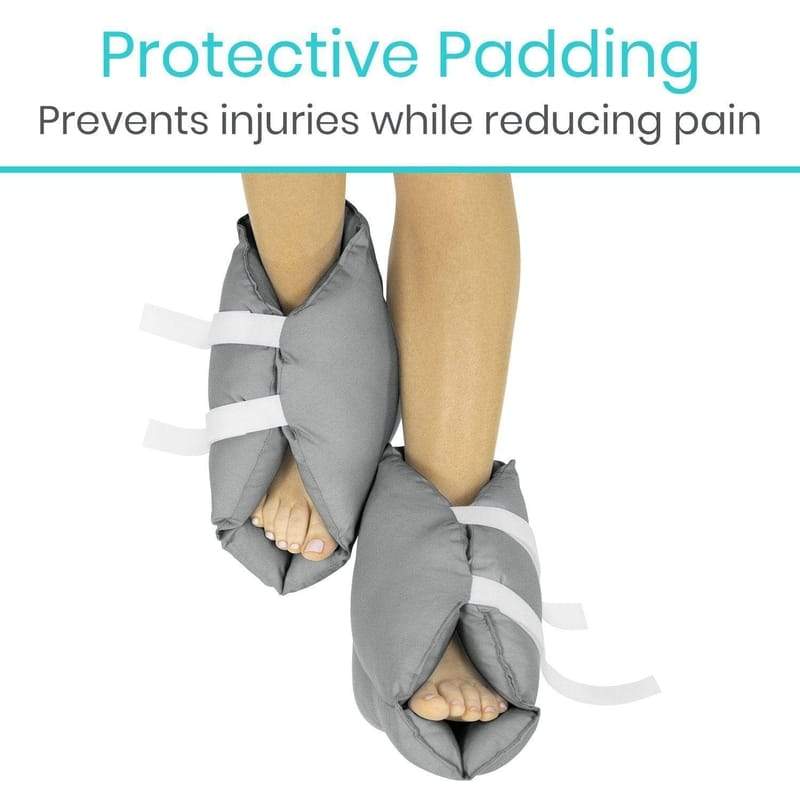
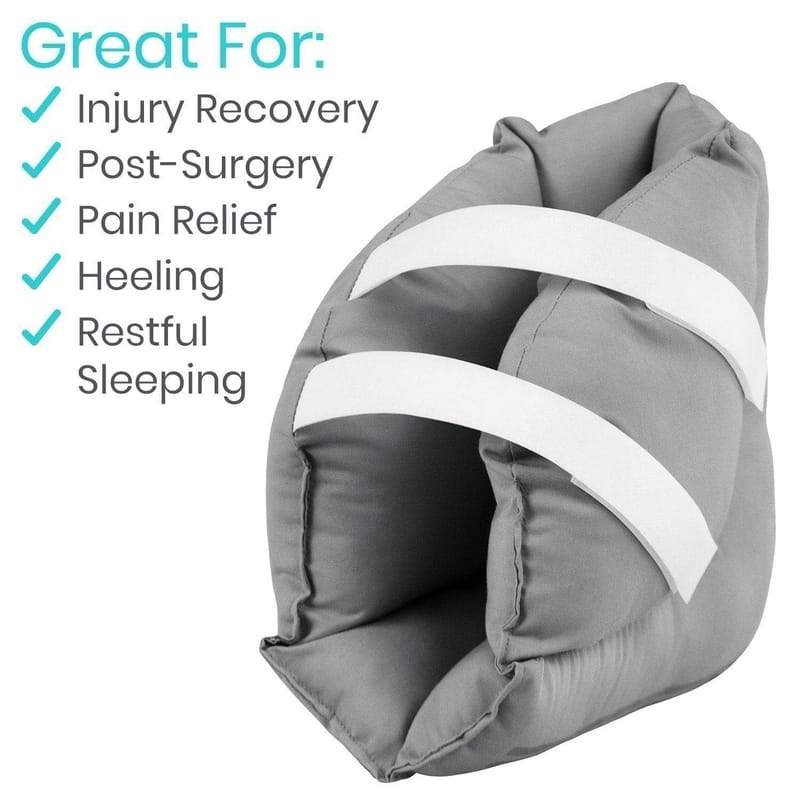
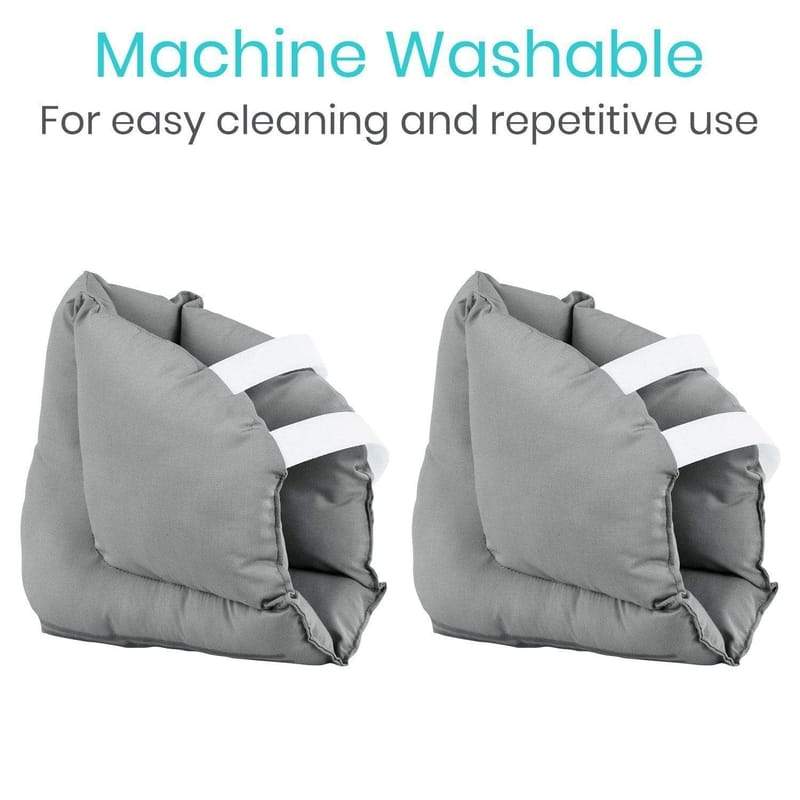
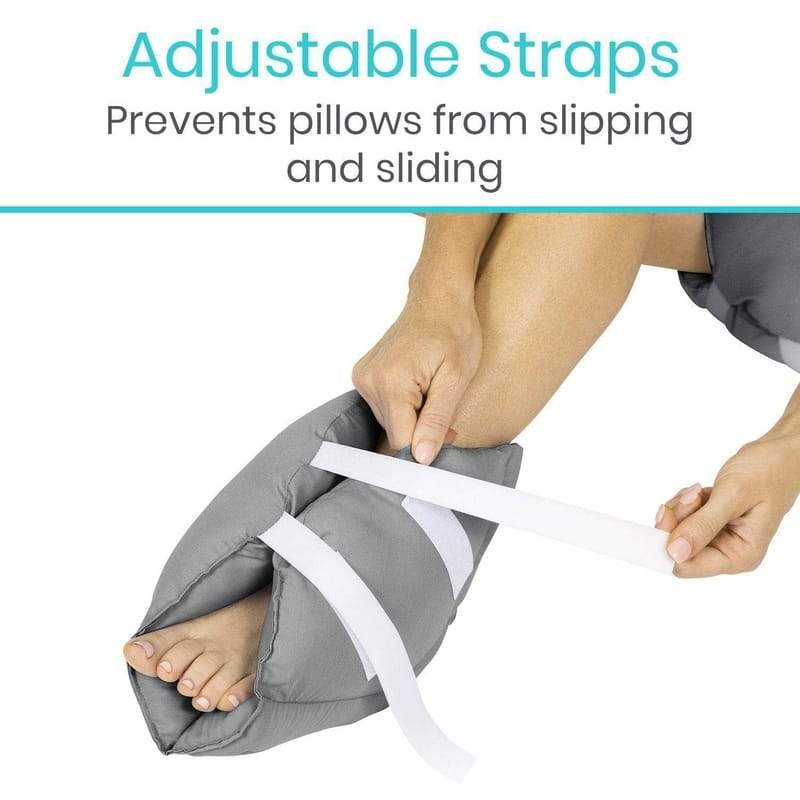
Reviews
There are no reviews yet.